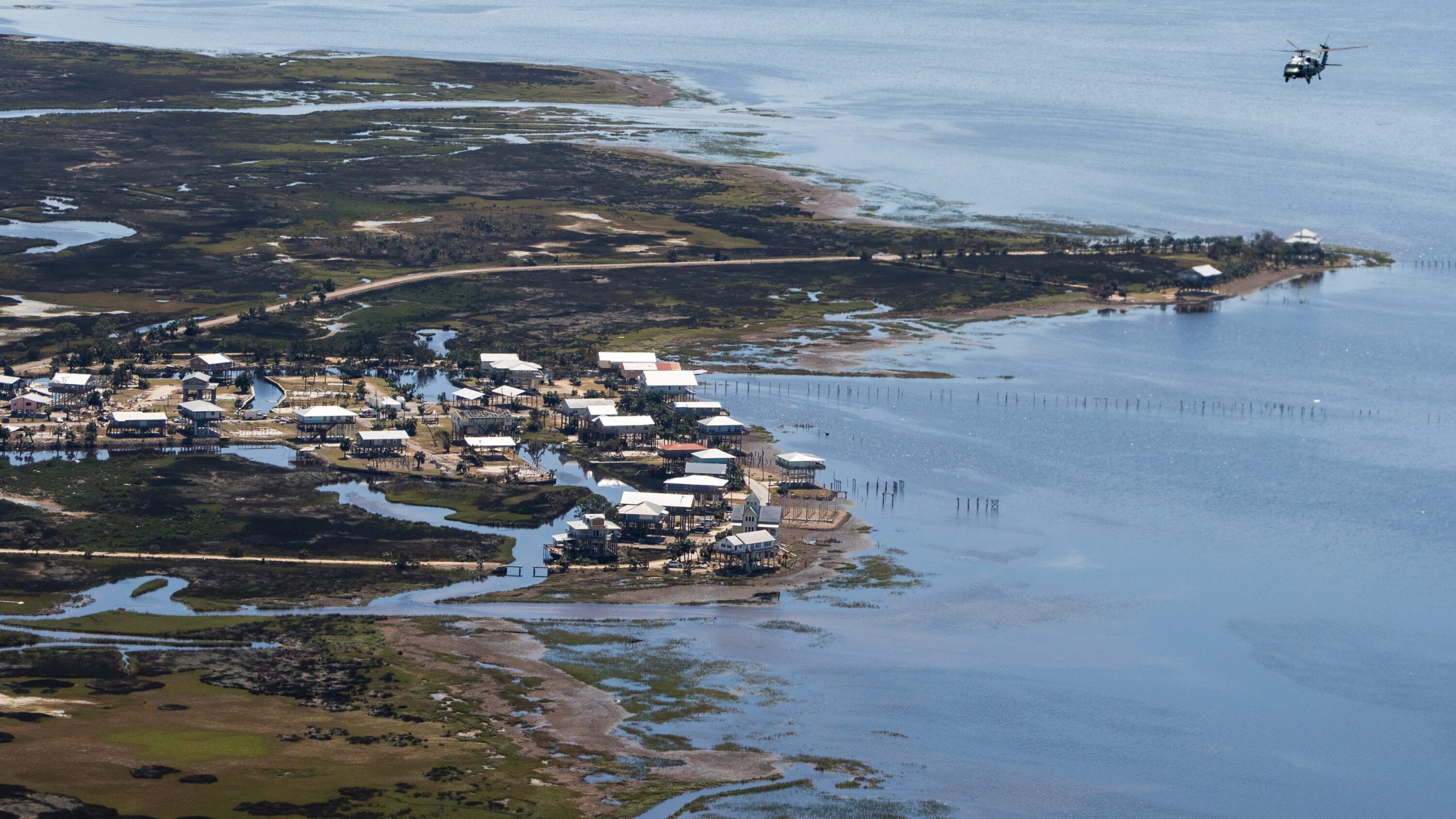Hurricane Helene has posed significant challenges in Georgia and North Carolina, particularly affecting heavily Republican areas. This natural disaster arrives at a critical moment as the presidential election approaches, and its impact could influence voter behavior in these swing states.
According to a POLITICO analysis, Helene represents the first catastrophic event to impact two vital swing states within six weeks of a presidential election, raising questions about how such disasters affect voter turnout and preferences.
The storm has particularly affected areas in western North Carolina and eastern Georgia that typically support Republican candidates. In the 2020 election, Donald Trump garnered 61% of the vote in North Carolina counties designated as disaster zones following Helene, while he achieved 54% in Georgia’s affected counties. This poses a unique challenge for Trump as he navigates the fallout from the hurricane while campaigning in regions that historically lean toward him.

Donald Trump
Both Trump and Vice President Kamala Harris have recently campaigned in Georgia, a state Biden narrowly won in 2020. With polls indicating a tight race—Trump leading Harris by about 1% in each state—every alteration in voter turnout or preferences may significantly impact the election results. Experts like Andy Jackson warn that the devastation caused by Helene will likely alter voting patterns and turnout, complicating the electoral situation.
In the wake of the hurricane, North Carolina and Georgia are faced with critical decisions about voter registration and accessibility amid significant infrastructure challenges. With nearly 40,000 absentee ballots sent to North Carolina voters in disaster-affected counties, the return rate is alarmingly low.
Meanwhile, in Georgia, county officials are assessing the status of polling places while preparing for early voting. Local election leaders must navigate the effects of flooding and infrastructure damage to ensure voters can still participate.
The broader implications of Helene extend beyond just logistical challenges. Areas affected include not only Republican strongholds but also Democratic regions, such as Buncombe County in North Carolina, which has suffered significant damage.
Political analysts caution that these shifts in voter demographics and preferences could dramatically influence election outcomes in a closely contested environment, especially in states like North Carolina where every vote matters.
Historically, major disasters have impacted voter turnout in various ways. Previous hurricanes have led to changes in voter registration deadlines and polling place locations, with mixed outcomes.
For example, after Hurricane Michael in Florida, voter turnout in Republican counties decreased, attributed to confusion over polling place changes. The effects of such disasters on elections remain complex and can vary depending on the region’s political dynamics and the responses from local officials.











































